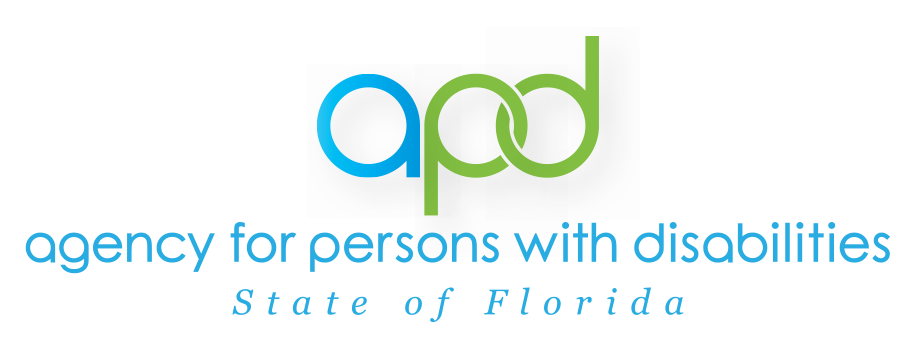Self-Advocacy
What is Self-Advocacy?
Self-advocacy is the ability to speak up for oneself to communicate personal needs, preferences, and goals. It involves expressing what is important to you in an informed and assertive manner—ensuring your voice is heard in decisions that affect your life. Self-advocacy empowers individuals to take an active role in shaping their own futures.
While each person's journey is unique, self-advocates often embrace the following core values:
- Self-determination – The right to make informed choices about one’s life, including where to live, work, and whom to engage with, as well as what supports and services are most appropriate.
- Dignity of risk – The opportunity to take risks, make mistakes, and learn from those experiences as part of personal growth.
- Person-first thinking – Recognizing and respecting each individual as a whole person, rather than defining them by a disability or diagnosis.
Self-advocacy emerged from the broader civil rights and disability rights movements. Today, it continues through local, national, and global self-advocacy organizations that promote inclusion and access to opportunities in employment, education, and community life.
Advocating for oneself—or on behalf of others—can be challenging. It requires persistence, collaboration, and a willingness to learn through experience. By understanding your rights, clarifying your needs, and building supportive relationships, you can become a more effective advocate. Above all, remember: you are a person first.
Resources
- Florida Self-Advocacy Central
Learn more about self-advocacy - FL SAND (Florida Self-Advocates Network’D)
